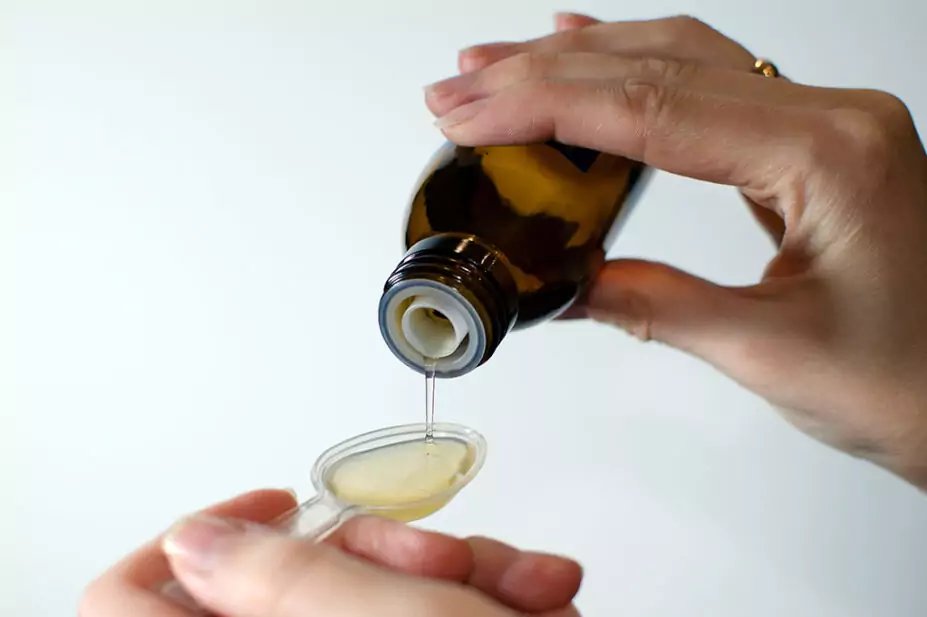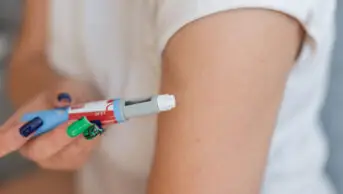
Shutterstock.com
The Royal Pharmaceutical Society (RPS) has said codeine linctus should be reclassified from a pharmacy (P) medicine to a prescription-only medicine (POM), in response to a consultation launched by the Medicines and Healthcare products Regulatory Agency (MHRA).
In its submission to the consultation, which closed on 15 August 2023, the RPS supported the reclassification by emphasising the lack of evidence on the clinical effectiveness of codeine linctus in relieving dry cough and the availability of other non-codeine based alternatives in the market.
“The risks of supplying an opiate-based medicine that has limited potential use, outweighs the benefits of enabling this medicine to be sold and supplied from a pharmacy,” its response said.
“Many community pharmacies have already decided not to stock this product due to the lack of evidence and the potential for misuse.
“With studies showing up to 60% of people are genetically predisposed to opioid dependence, the role of codeine linctus in treating what is ultimately a self-limiting condition is questionable.”
The MHRA announced the consultation on 18 July 2023, after it said it had received 116 Yellow Card adverse effect reports of recreational drug abuse, dependence and/or withdrawal to codeine medicines, including codeine linctus, since 2018.
Codeine linctus is known to be a primary ingredient in ‘purple drank’, an illegal recreational drink that has been popularised through social media and hip-hop music.
The Pharmaceutical Journal reported in June 2022 that the MHRA was reviewing the impact of warning labels on sales and prescribing of codeine linctus.
Minutes from the MHRA’s Commission on Human Medicines (CHM) meeting, held in October 2022 also raised concerns over an “increasing number” of reports of diversion of the product and cases of aggression directed towards pharmacists.
The RPS consultation response added: “In principle this [the reclassification] should make it easier to monitor use of codeine linctus as it will be recorded in GP systems.
“However, there is a need for all care providers to be able to share information across systems to support patient care, including community pharmacies.”
The RPS also acknowledged that a reclassification would create a financial barrier to patients owing to the prescription charge on POMs, which is significantly higher than the cost of buying codeine linctus over the counter.
However, it anticipated that a reclassification to POM would not have a significant impact on primary care because many pharmacies have already ceased to stock codeine linctus.
The PAGB, which represents producers of over-the-counter healthcare products, also responded to the MHRA consultation. It did not share its response, but a statement from Michelle Riddalls, its chief executive, said: “At PAGB, we will be supporting the decision to reverse-switch codeine linctus [to POM] if there is evidence of widespread misuse.”
“Issues related to codeine linctus should not apply to codeine more widely, as there is no evidence of recreational abuse with this active ingredient.”
“Each month, more than 2 million codeine-containing products are sold via pharmacists, which means that the impact of a wider reverse-switch of all codeine products on primary care would be extensive,” she added.


